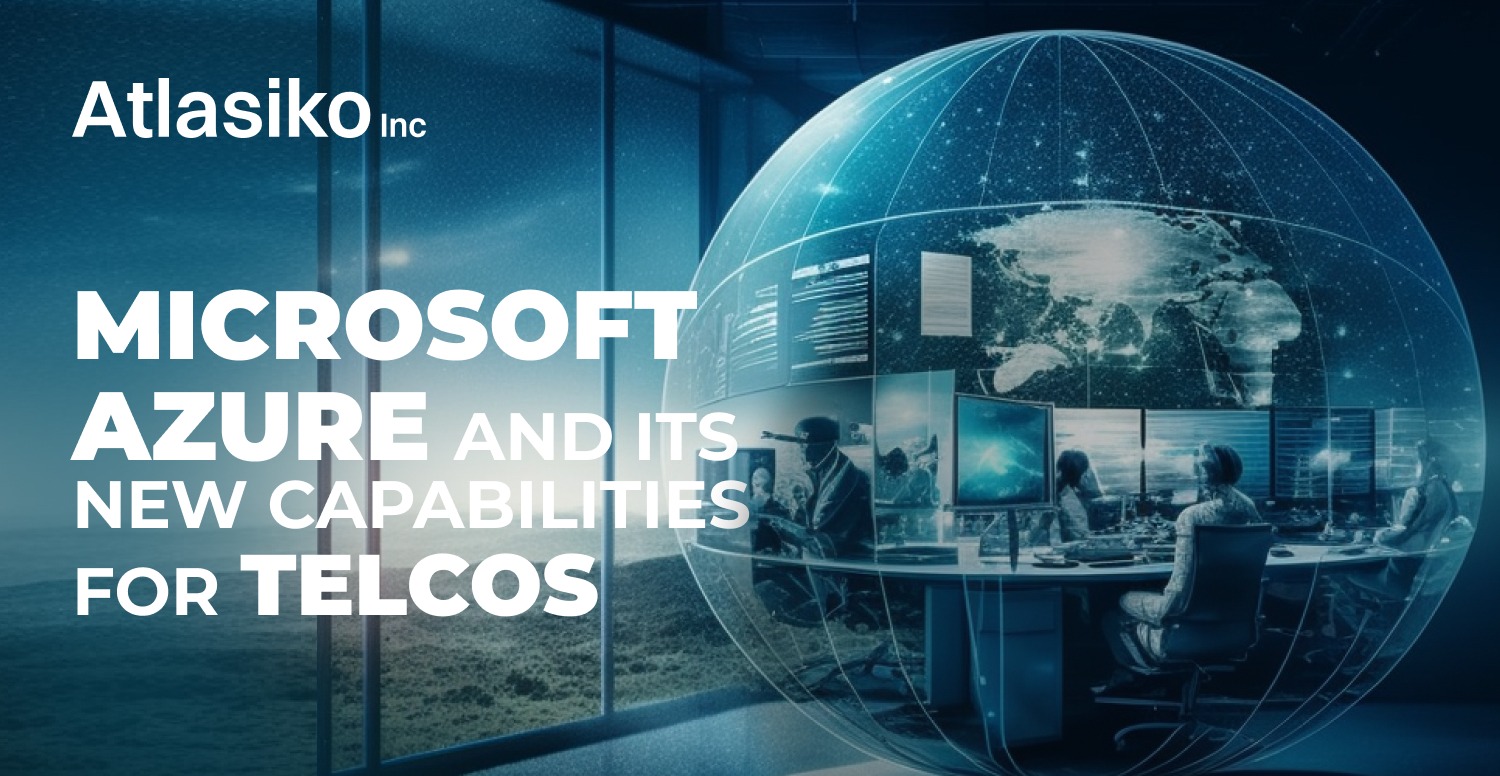The Mobile World Congress (MWC) is primarily known for showcasing the latest and greatest smartphones, but it remains an essential trade show for the telecommunications industry. The cloud providers that compete in this space also are making announcements during this time. Microsoft is following in the footsteps of Amazon Web Services (AWS), who made their news public a week before the event. The company announced today new features for telecommunication companies (telcos) that use its Azure cloud services. The focus is on four areas: network transformation, automation and AI, network-aware applications, and ubiquitous computing from cloud to edge.
Jason Zander, Microsoft's EVP for Strategic Missions and Tech, stated that the future hyperscale cloud would look vastly different from existing today. He also said that it would expand from 5G to space, be highly distributed, and that the intelligent cloud would require a cutting-edge network infrastructure enabled to support modern connected applications. The company works towards creating applications that could be connected anywhere and anytime on the entire planet. Besides, Executive Vice President added that they wanted to take a part in that future they aspire to, and characterized the cloud as chance to deal with telecommunications industry.
According to Microsoft, a modern network infrastructure will reduce the total cost of ownership for its telco partners at the same time helping them modernize and monetize their existing infrastructure. To achieve this goal, the company is launching Azure Operator Nexus today. It is a next-gen hybrid cloud platform for communication service providers. It enables these companies to run carrier-grade workloads both on-premises and on Azure.
AT&T is one of the first to adopt Azure Operator Nexus. Senior Vice President of the company, Network CTO, Igal Elbaz, expressed that the firm expected it to lower total cost of ownership, simplify operations through the power of AI, and improve time-to-market. The aforementioned points will enable them to focus on building the world’s best 5G service.
However, Micrsoft discovered that it couldn't use the same technology it had developed for Azure when the corporation wanted to apply it. The hardware, hardware acceleration, and software had to work in conjunction. While Microsoft had edge cloud hardware, anyway it was not designed for it. That's why the corporation made this multi-year investment.
Alongside Azure Operator Nexus, Microsoft is launching Azure Communications Gateway, which connects fixed and mobile networks to Teams. It should be added that Azure Operator Voicemail is available and allows operators to move their voicemail services to Azure as a fully controlled service.
Microsoft is also introducing two new "AIOps" services - Azure Operator Insights and Azure Operator Service Manager. The former uses machine learning to help operators analyze the vast amounts of data collected from network operations and prevent potential issues. Meanwhile the latter provides operators with insights about their network configurations.
Microsoft is also underlining the developing network-aware applications, which involves managing quality of service for specific applications. For instance, autonomous cars' 5G data or connecting next-gen flying vehicles, like the Volocopter, to the cloud. As Zander noted that this requires collaboration between carriers and developers to ensure interoperability since no developer is going to build a service that only works on one network.
Microsoft has been working with other companies like the Linux Foundation's Project Camara, Ericsson, Intel, Google Cloud, IBM. They all have been working with carriers like AT&T, Deutsche Telecom, Orange, T-Mobile US, Telefonica, TELUS, and Vodafone to create such standart as Open API for some of their work. As Zander said “They get it. They know they want to differentiate - but they also know that if there is fragment in the app ecosystem, it will just stall one way or the other”
In conclusion, Microsoft is making the Azure Private 5G Core and its multi-access edge compute (MEC) service generally available. This project will significantly affect telecommunication companies, especially their capabilities in work.







